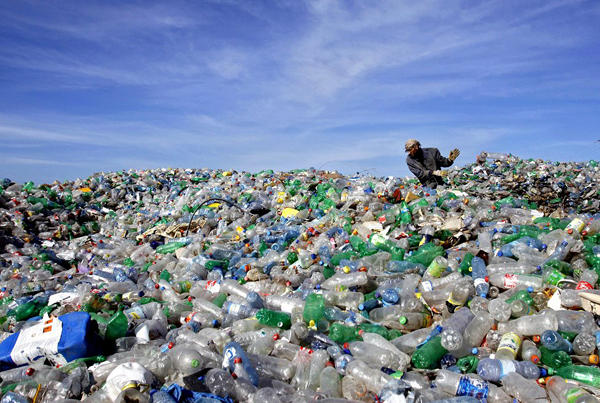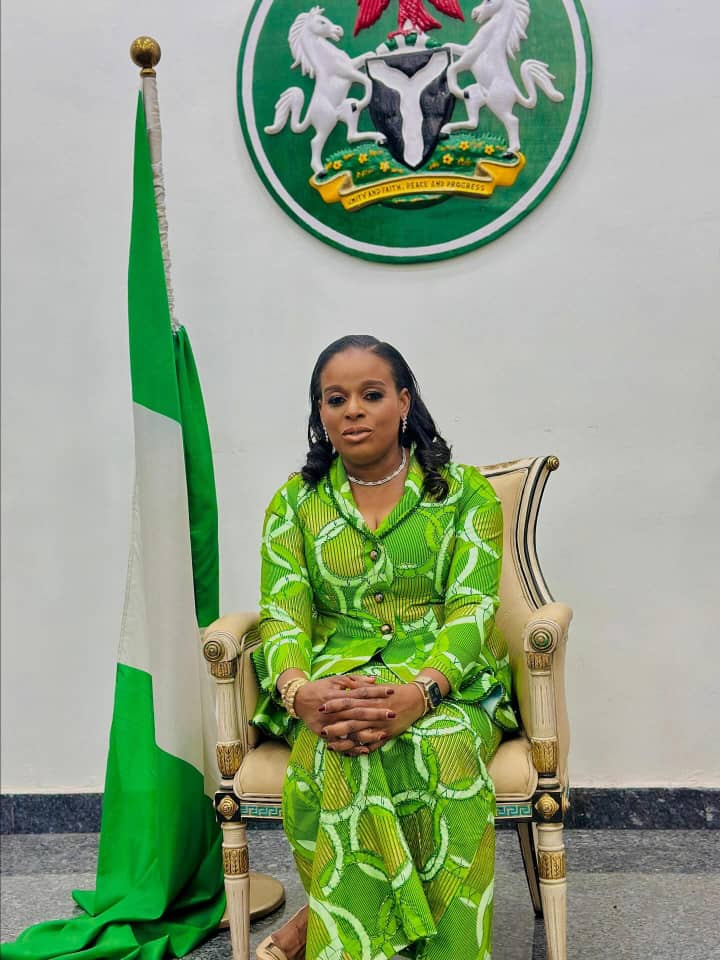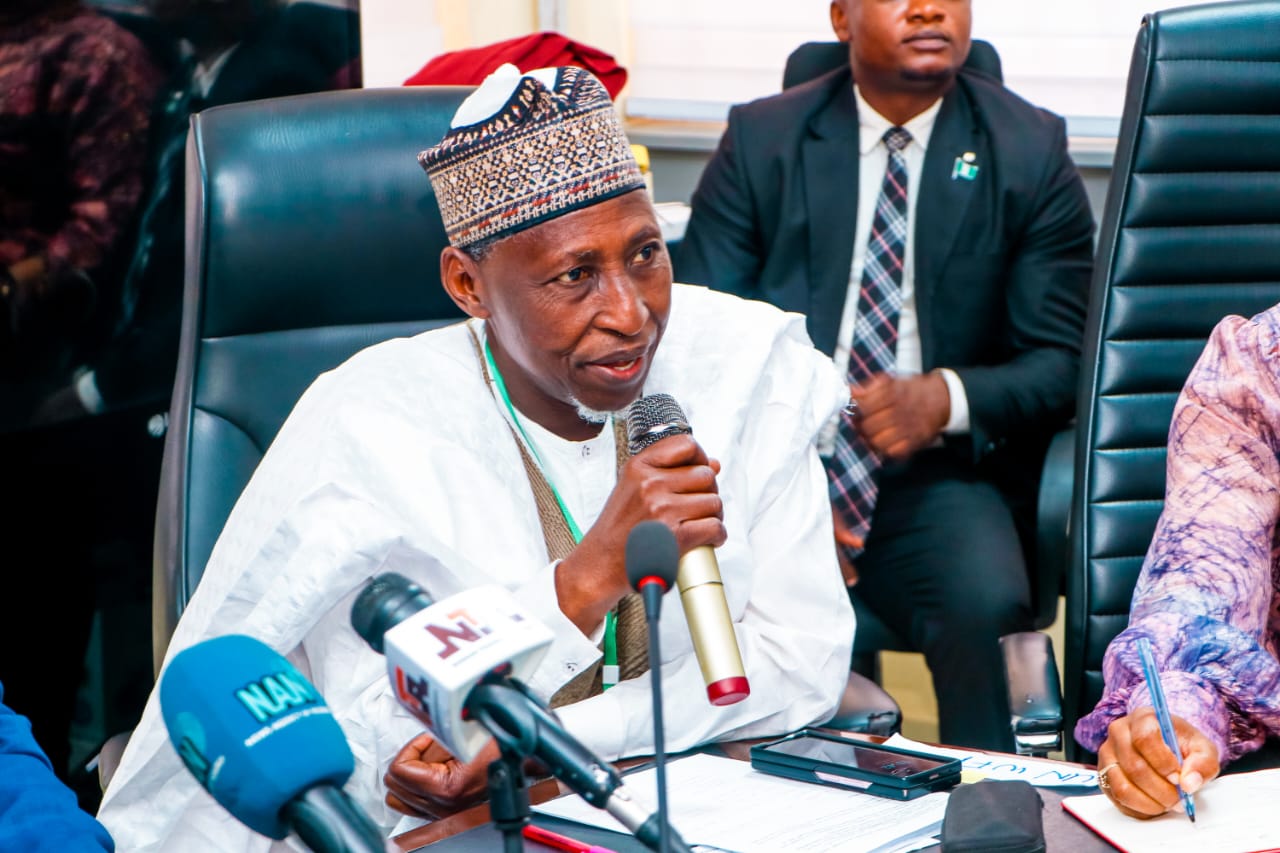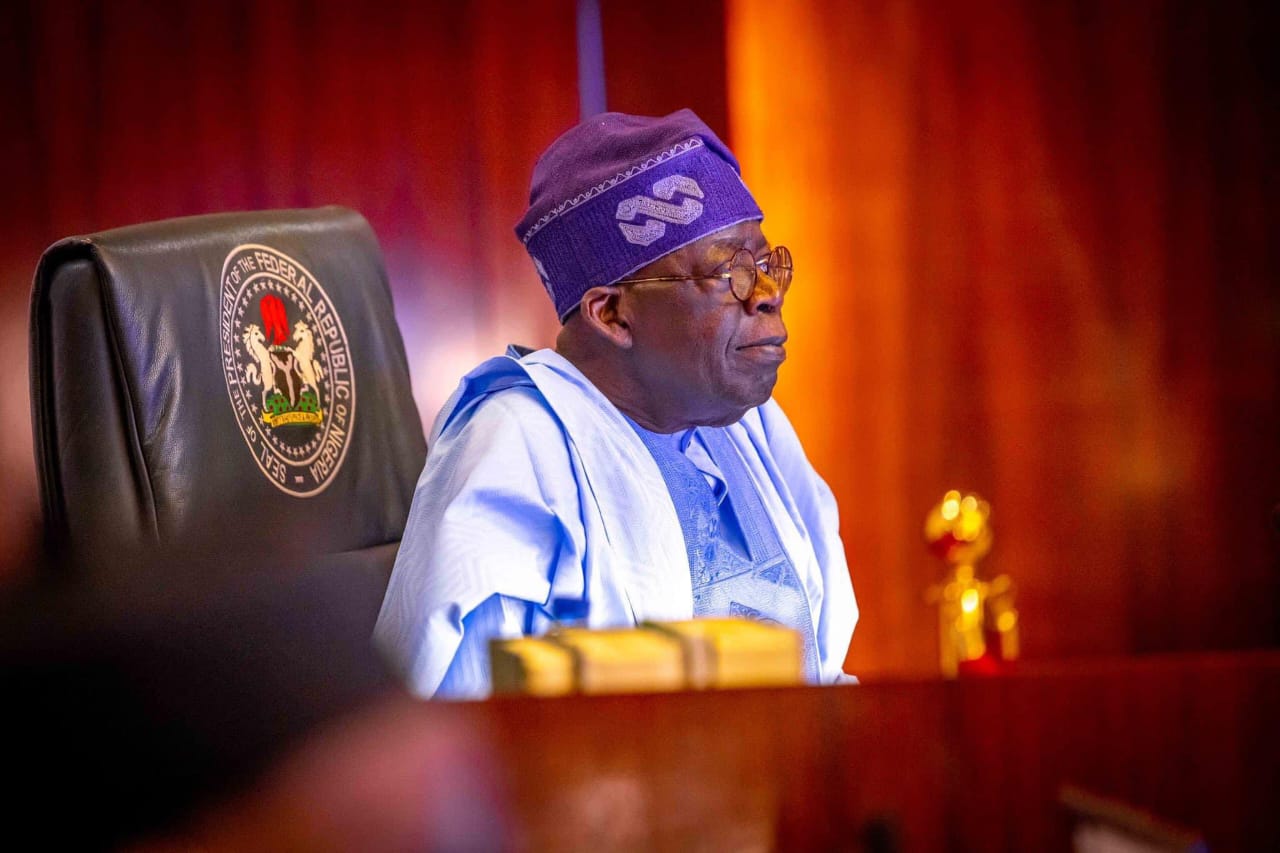Nigeria Environment Minister Solicit Support For Sustainable Hazardous Waste Management

Geneva, Switzerland — Nigeria’s Minister of Environment, Balarabe Abbas Lawal, has called for stronger international action and support for sustainable hazardous waste management, as he addressed global delegates at the Seventeenth Meeting of the Conference of the Parties (COP 17) to the Basel Convention.
Speaking at the Geneva International Conference Center (CICG), Lawal emphasized the urgent need for environmentally sound waste policies, particularly in developing countries grappling with illegal dumping and limited waste infrastructure.
The Basel Convention, adopted in 1989, is a landmark international treaty aimed at protecting human health and the environment from the adverse effects of hazardous waste. It regulates the transboundary movement and disposal of such waste and promotes practices that are environmentally responsible and sustainable.
At COP 17, which brought together representatives from numerous countries and organizations, parties reviewed the implementation of the Convention, assessed progress since the last conference, and established priorities for the future. Among the key objectives were enhancing international cooperation, promoting sustainable waste management practices, addressing emerging threats like electronic waste and plastic pollution, and supporting capacity building in developing nations.
Minister Lawal’s participation was marked by strong advocacy for Nigeria’s environmental agenda. He stressed the importance of aligning national waste management policies with global standards and called for international partnerships to support Nigeria’s efforts in tackling hazardous waste challenges.
“Our country faces serious environmental threats from illegal dumping and poor waste infrastructure. We are committed to developing sustainable systems, but we need global support, expertise, and financing to achieve our goals,” Lawal said during one of the plenary sessions.
The minister also held strategic meetings with international stakeholders, exploring collaborations to enhance Nigeria’s capacity in managing hazardous waste and adopting cleaner, more efficient technologies.
Throughout the conference, delegates engaged in in-depth discussions on pressing issues, including:
Plastic Waste Management: Developing coordinated international strategies to combat plastic pollution.
Electronic Waste (E-Waste): Improving recycling practices and minimizing the impact of discarded electronic devices.
Financial Mechanisms: Identifying funding opportunities to help developing countries implement Basel Convention provisions.
READ ALSO: Igbo Clergy Condemn Media Attacks on IPOB, South-East Region
2025 Workers’ Day: Economic Hardship Threatens Democratic Freedoms, NUJ FCT Chair Warns
COP 17 concluded with a series of resolutions aimed at strengthening the effectiveness of the Convention and reinforcing member states’ commitment to responsible waste governance.
Minister Balarabe Abbas Lawal’s proactive engagement underscored Nigeria’s determination to confront environmental hazards and contribute meaningfully to the global environmental protection agenda. His message resonated with the core principles of the Basel Convention solidarity, sustainability, and shared responsibility in waste management.





